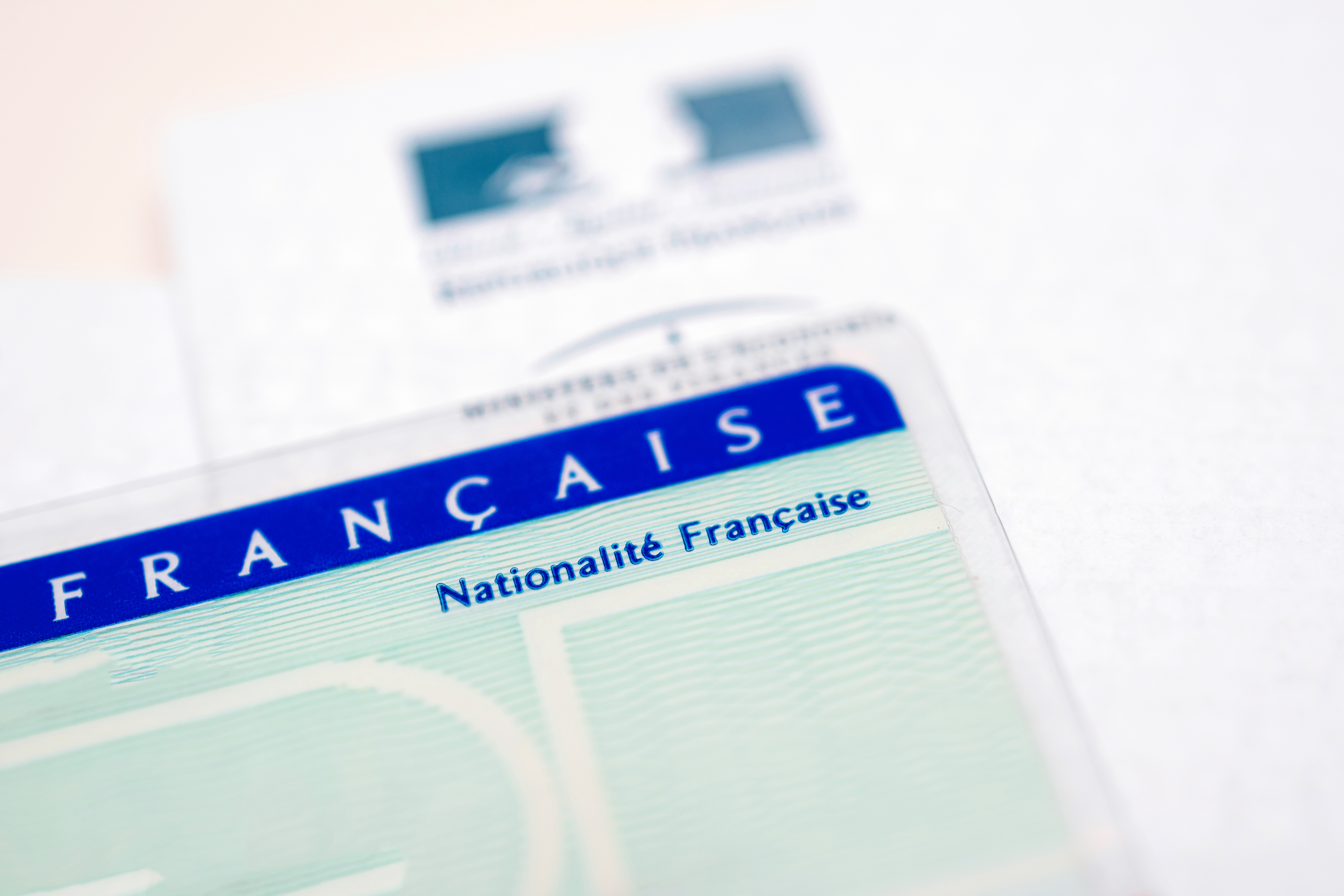A national visa category D allows a foreigner to stay in France for more than 90 days. The document is valid for a period ranging from three months to one year. A long-term permit can be obtained through the French embassy, consulate, or visa center in the applicant’s country of permanent residence.
Since France is part of the Schengen Area, its national visa category D is equivalent to a Schengen visa. It allows foreigners to stay in any of the Schengen states for no more than 90 days within a six-month period. The main difference between long-term and short-term entry permits in the French Republic is the duration of validity and the privileges received by the foreigner (e.g., the right to apply for a residence permit).
France offers favorable programs for obtaining a residence permit. During , you can learn about the opportunities available to you.
What benefits does a national visa D offer?
This long-term visa provides its holder with the following opportunities:
- Legally stay in the country for the period of time for which the document is intended (from three months to one year);
- Travel freely within the Schengen area for up to 90 days within six months;
- Depending on the visa category, you can conduct the relevant activities, such as seeking employment, starting a business, pursuing an education, or making an exclusively tourist visit;
- Apply for a French residence permit.
Eligibility requirements for a long-term visa to France
In 2023, a foreigner who is not eligible for a visa-free long-term stay in the territory of the Republic due to their citizenship can obtain a permit if the basic requirements are met:
- A valid travel document;
- A designated place to stay in the country, such as a hotel reservation or rental housing;
- No violations of French visa policy, law, or order during previous visits, if applicable;
- Sufficient financial means to cover the cost of the planned stay;
- Proof of the purpose of the trip, such as an invitation from an employer or relatives or a document proving admission to a university.
Citizens of EU member states, as well as the EEA, Switzerland, Andorra, Monaco, San Marino, and the Vatican, are the only ones allowed to stay in France for more than 90 days without a category D visa.
Legal grounds for obtaining a category D visa
A Type D visa to France is issued according to the purpose of the applicant’s visit, which can be divided into four main categories:
- Professional activities. Foreigners who have been transferred by their employer to provide certain services or who have been transferred within the same corporation can apply for this type of visa. It is also available to individuals hired as employees of a French company for a fixed or indefinite period, as well as to those planning to undergo a professional internship at an educational institution or specialized company. With a D visa, a foreigner can enter the country to work independently for various purposes. The applicant must have a letter from the host party or partners and tickets to planned events. Other documents that confirm the purpose of the visit include internship agreements, an internal corporate transfer, or a work permit, which is pre-arranged by the employer when hiring a foreign employee.
- Education. Foreigners who have reached the age of 18 can apply for a long-term student visa to study in France, provided they are admitted to a local university. Based on the admission document, a type D permit is issued for the duration of the course of study. Minors can apply for training at secondary educational institutions and centers with various focuses in the country. Applicants under the age of 18 are issued a long-term visa with the notation “minor student.” This type of entry permit applies only to those whose parents live outside of France. In other cases, applicants can apply for a Type D visa for family reunification.
- Family reunification. Family members of an EU/EEA or French citizen, or a foreigner legally residing in the Republic, may enter the country with this type of visa. Spouses and children of a certain age (depending on the host’s category) are eligible for the document. Depending on the status of the host, a visa may also be requested by a parent, grandparent, or dependent adult child. Relatives of a French resident or spouse are permitted to enter. In this case, supporting documents are certificates (e.g., marriage or birth certificates) that prove kinship. Documents demonstrating that optimal conditions for accepting the family are available (housing, finances, and legal residence of the inviting person) will also be required.
- Private visit. This category D visa does not allow the applicant to work or participate in other activities. It is intended only for tourism, visiting friends, or receiving treatment at local clinics and sanatoriums. Supporting documents include contracts for medical services, travel tickets, receipts, proof of financial independence, and reservations for tourist activities. Invitations from local residents with whom the applicant plans to stay must be filled out in the prescribed form. Applicants must have sufficient financial security to cover the cost of their trip and return home. Authorized persons will verify your financial status when processing your visa application.
With a French residence permit, you will be able to:
- Live in one of the best countries in Europe;
- Obtain residence permits for your entire family;
- Travel around Europe visa-free;
- Open accounts in European banks.

Leave an application and get a consultation specialist
The processing time for an application depends on the applicant’s citizenship and the purpose of the stay. On average, processing an application takes 15 to 45 days, so submitting a request in advance is advisable to ensure a successful trip. The state fee for a long-term type D visa in France is EUR 99, regardless of the legal grounds. Children under 12 years of age, spouses of French citizens, and students whose documents were reviewed by an education center are exempt from paying the fee, either fully or partially. However, regardless of the decision made by the authorized state body issuing the visa, the amount paid is non-refundable.
A national visa for France can be a regular visa or an equivalent residence permit marked “VLS-TS.” While a standard visa requires you to request a residence permit immediately upon arrival, a “VLS-TS” permit allows you to stay in the country after confirmation through a special portal. A “VLS-TS” visa allows you to live in France for up to a year before requesting a residence permit. This permit is issued to workers, students, researchers, and other individuals. A visitor visa is provided for financially secure foreigners (e.g., retirees) and does not allow you to work or carry out entrepreneurial activities that generate income; it only allows you to stay in the country for private purposes.
Documents required to obtain a type D visa
For each ground for obtaining a long-term visa permit, a set list of documents must be submitted. The general dossier includes:
- A valid passport;
- Two recent passport photos taken no later than six months before the submission date;
- An application form, which can be filled out and downloaded from the government website;
- Documents confirming the purpose of the trip, accommodations, and route;
- A bank statement, income certificate, and other evidence of sufficient financial security.

The passport must be valid for at least three months beyond the planned stay in France. Your identity card must have been issued no later than 10 years ago and have at least two blank pages. Documents obtained from foreign authorized bodies must be translated into French or English.
Special requirements apply to the photos provided. Photos must be in color with a light background and face facing forward. The face should take up 70-80% of the photo, and the applicant should be depicted without a hat or glasses that distort their appearance. Closing the eyes or expressing strong emotions is prohibited. For visa processing of children, a standard list of documents is provided. However, children under 14 years of age must submit a birth certificate and parental consent for travel abroad and data processing.
How to apply for a long-term (type D) visa to France
The procedure for obtaining a national French visa includes the following steps:
- Fill out an online application. First, register on the official visa portal and fill in your personal data to create an account. After that, depending on the country of origin and the purpose of the trip, the applicant gets access to the application forms to fill and print out online.
- Make an appointment. Foreigners must pre-book a date to submit a package of documents to the authorized body by phone.
- Submit a dossier. On the designated date of the visit, the applicant submits the prepared documents and provides biometric data, including a photograph and ten fingerprints. If the applicant has had a visa issued no later than 59 months before submitting the current application, retaking biometrics is not required. Children under 12 years of age are exempt from this procedure.
- Track the status of the application. The official French visa service allows you to monitor the processing stage of your application. Depending on the method and where the documents were submitted, you can get detailed information on this issue and track the status of the case on the French Visa Application Center’s government website.
- Obtain a visa. After the request is processed, the applicant receives a notification about the opportunity to pick up the passport with the affixed visa at the application center. In some countries, documents can be sent by mail.
Can I apply for a French visa D after being refused?
A refusal to issue a long-term visa to France is justified. The applicant is notified of the reason for rejection, such as incorrectly completed documents, unconfirmed financial security, or deportation. Within two months, a foreigner can submit an appeal to a special commission (CRRV) with certificates and evidence that confirm the bias of the decision. A repeated request can be submitted if the reason for the refusal has been resolved.


















